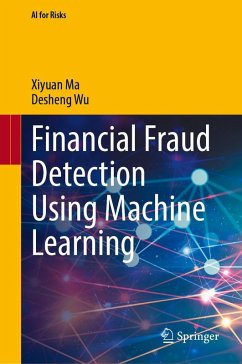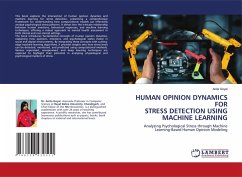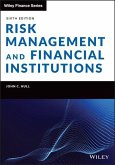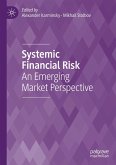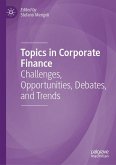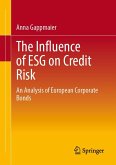This book serves as a comprehensive guide to learning various aspects of financial fraud, encompassing the related research, the current situation, potential causes, implementation process, detection methods, regulatory penalties and management challenges in publicly listed companies. In this book, readers learn about the fraudulent practices that may occur in corporate operations, the executing mechanisms, an identifying indicators framework, and diverse detection methods including qualitative and quantitative models. Quantitative models include discriminant analysis, econometric analysis, and machine learning (ML) models. This book highlights the application of ML algorithms to detect financial fraud detection and discusses their limitations, such as high false-positive costs, delayed detection, the demand for interdisciplinary expertise, dependency on specific application scenarios, and issues with fraud data quality. Each related chapter provides a structured overview of the problems addressed, the algorithms used, experimental result and comparisons. Additionally, this book examines the cost-benefit trade-offs faced by companies engaging in financial fraud, considering factors such as ethical dilemmas, opportunities, practical needs, exposure risks, and litigation costs. This book is written for financial regulation institutions, business leaders, auditors, academics, and anyone interested in financial fraud detection. It offers practical insights into effectively preventing and controlling financial fraud and an overview of the latest advancements in ML technologies. Through real-world case studies, readers will gain a deeper understanding of the financial fraud, how ML can be used to detect it, as well as its pitfalls and limitations. Overall, this book bridges the gap between theory and application, equipping readers to understand how to detect financial fraud with the power of accounting and ML in the modern business environment.
Bitte wählen Sie Ihr Anliegen aus.
Rechnungen
Retourenschein anfordern
Bestellstatus
Storno

